Program > Keynote Speakers | Program Overview | Presentation Guidelines
Keynote Speakers
- Dr. Satoshi Okabe, Hokkaido University, Japan
- Dr. Tong Zhang, University of Hong Kong, China
- Dr. Wen-Tso Liu, University of Illinois at Urbana-Champaign, USA
- Dr. Nancy Love, University of Michigan, USA
- Dr. Sebastian Lücker, Radboud University, Netherland
- Dr. Isabel Douterelo, University of Sheffield, UK
Dr. Satoshi Okabe
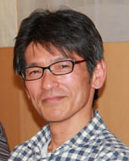
November 17 (Sunday), evening
“Ecophysiology of the Anammox Bacteria”
Hokkaido University
Professor, Division of Environmental Engineering
Biography:
Satoshi Okabe is a professor at Division of Environmental Engineering, Hokkaido University, Sapporo Japan. He got his Ph.D from The center for biofilm engineering at Montana State University, USA. The primary goal of his research is to protect our clean water environments and to develop a sustainable society by using interdisciplinary approaches in environmental studies. He has been working on the nitrogen cycle in complex multispecies biofilms and linking microbial community structure and in situ functions in by combining several molecular biological techniques and microelectrodes. His current research focuses on ecophysiology of anammox bacteria and microbial electrochemical systems for wastewater treatment. Dr. Okabe has received several awards including The Japan Society for the Promotion of Science (JSPS) Prize (2008). He is a senior editor of the ISME journal since 2017 and is a fellow of International water Association (IWA) (2016).
Dr. Tong Zhang
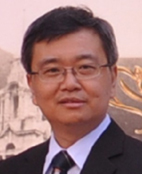
November 20 (Wednesday), morning
“Antibiotics Resistance Genes as Biological Pollutants from WWTPs”
The University of Hong Kong
Professor and Associate Head, Department of Civil Engineering
Director, Environmental Engineering Research Centre
Biography:
Dr. Tong ZHANG is a Professor in Environmental Biotechnology Laboratory in Department of Civil Engineering, and an Honorary Professor in School of Public Health, at The University of Hong Kong. He got his Bachelor and Master degrees in Environmental Science and Engineering from Nanjing University, and his Ph.D. degree from The University of Hong Kong. His researches include environmental bioinformatics, omics technologies, anaerobic digestion and bioenergy from wastes/wastewater, biological wastewater treatment (N removal and P recovery), biodegradation of emerging pollutants (antibiotics, PPCP and EDCs), antibiotic and antibiotic resistance genes, etc. He has published over 230 peer-reviewed papers on the above topics, and has more than 15, 000 citations and an H index of 68 (Google Scholar). He is associate editors of Microbiome, and Applied Microbiology and Biotechnology, and had served as an advisor forBGI (Beijing Genomics Institute)on Environmental Microbiology and Biotechnology from 2011 to 2014. He was Yi Xing Chair Professor of Nanjing University from 2013 to 2016, and currently is a distinguished visiting professor of Southern University of Science and Technology (China). He got First-Class Award in Natural Science of China Ministry of Education in 2015, Second-Class Award State Natural Science Award of China State Council in 2016, and Outstanding Research Student Supervisor Award of HKU in 2017. He is listed as one of Highly Cited Researchers by Clarivate in 2018.
Dr. Wen-Tso Liu
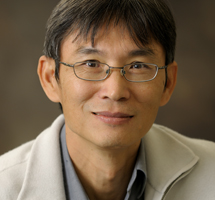
November 18 (Monday), morning
“Assessing the contribution of microbial immigration in engineered water systems”
University of Illinois at Urbana-Champaign
Arthur C. Nauman Endowed Professor, Department of Civil and Environmental Engineering
Biography:
Bio: Dr. Liu is the Arthur C. Nauman Endowed Professor at the Department of Civil and Environmental Engineering at the University of Illinois at Urbana-Champaign. His research focuses on “water microbiome” that describes the ecological roles of microbes in different water systems such as drinking water systems and wastewater reclamation systems. The greatest scientific challenges are to fully understand and correlate the role of microbes with comprehensive metadata in individual water systems, and to use the knowledge gained to improve natural and urban water cycling and to protect the public health. Dr. Liu has received several awards, including the Asian Young Biotechnologist Prize (2005) and the IWA-ISME Biocluster Award Grand Prize (2018).
Dr. Nancy Love
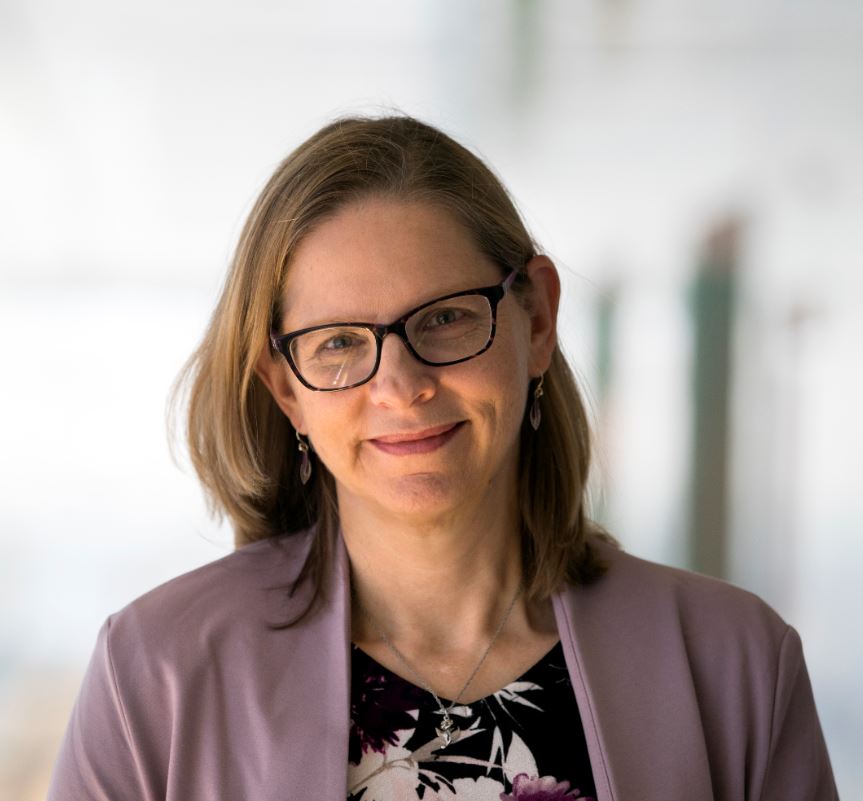
November 17 (Sunday), evening
“The Microbiology of Drinking Water Systems in Shrinking and Expanding Resource-Constrained Cities and the Link to Public Health”
University of Michigan
Borchardt and Glysson Collegiate Professor, Department of Civil and Environmental Engineering
Biography:
Dr. Nancy G. Love is the Borchardt and Glysson Collegiate Professor of Civil and Environmental Engineering at the University of Michigan, and an adjunct Professor at the Institute of Biotechnology at Addis Ababa University. She has advised over 70 graduate students and post-doctoral research associates. Her research focuses at the interface of water, infrastructure and public health. She and her students evaluate the fate, detection and treatment of chemical and biological contaminants in water systems, and advance resource recovery technologies. She has co-authored: over 100 peer reviewed papers, chapters and reports; over 250 conference presentations; and the 2011 textbook Biological Wastewater Treatment, 3rd Edition by Grady, Daigger, Love and Filipe. Dr. Love has held leadership positions in multiple organizations, including with the Water Environment Federation (WEF), the International Water Association (IWA), and the Association of Environmental Engineering and Science Professors (AEESP), and is a Fellow of all three organizations. Dr. Love is a licensed professional engineer (P.E.) in the state of Michigan and a Board Certified Environmental Engineer (BCEE). She is the 2019 Kappe Lecturer for the American Academy of Environmental Engineers and Scientists.
Dr. Sebastian Lücker
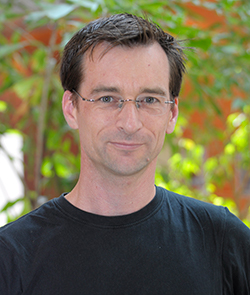
November 18 (Monday), afternoon
“Towards a mechanistic understanding of comammox Nitrospira”
Radboud University
Assistant Professor, Department of Microbiology
Biography:
Sebastian Lücker is assistant professor at the Department of Microbiology at Radboud University, Nijmegen, the Netherlands. His research is focused on the diversity and metabolic versatility of novel nitrifying microorganisms. Since his PhD at the University of Vienna, Austria, he has been investigating these fastidious microorganisms with a suite of culture-dependent and independent tools, and had been at the forefront of forming our current understanding of nitrite-oxidizing bacteria all across the phylogenetic tree. Most recently, he had a leading role in the discovery of complete ammonia-oxidizing Nitrospira, the so-called comammox bacteria.
Dr. Lücker was recognized with the ISME Tom Brock and the KNVM Van Leeuwenhoek awards and, in 2018, has received the prestigious NWO VIDI grant to investigate the role of comammox Nitrospira in engineered systems. Here, his research team develops new molecular tools for the in situ identification of ammonia-oxidizing microorganisms, which allow their functional and phylogenetic identification in complex environmental samples, and furthermore can be used for targeted metagenomics. This knowledge he combines with physiological data from lab-scale bioreactor cultivation experiments to explore the potential of comammox organisms to facilitate the development of sustainable wastewater treatment.
Dr. Isabel Douterelo
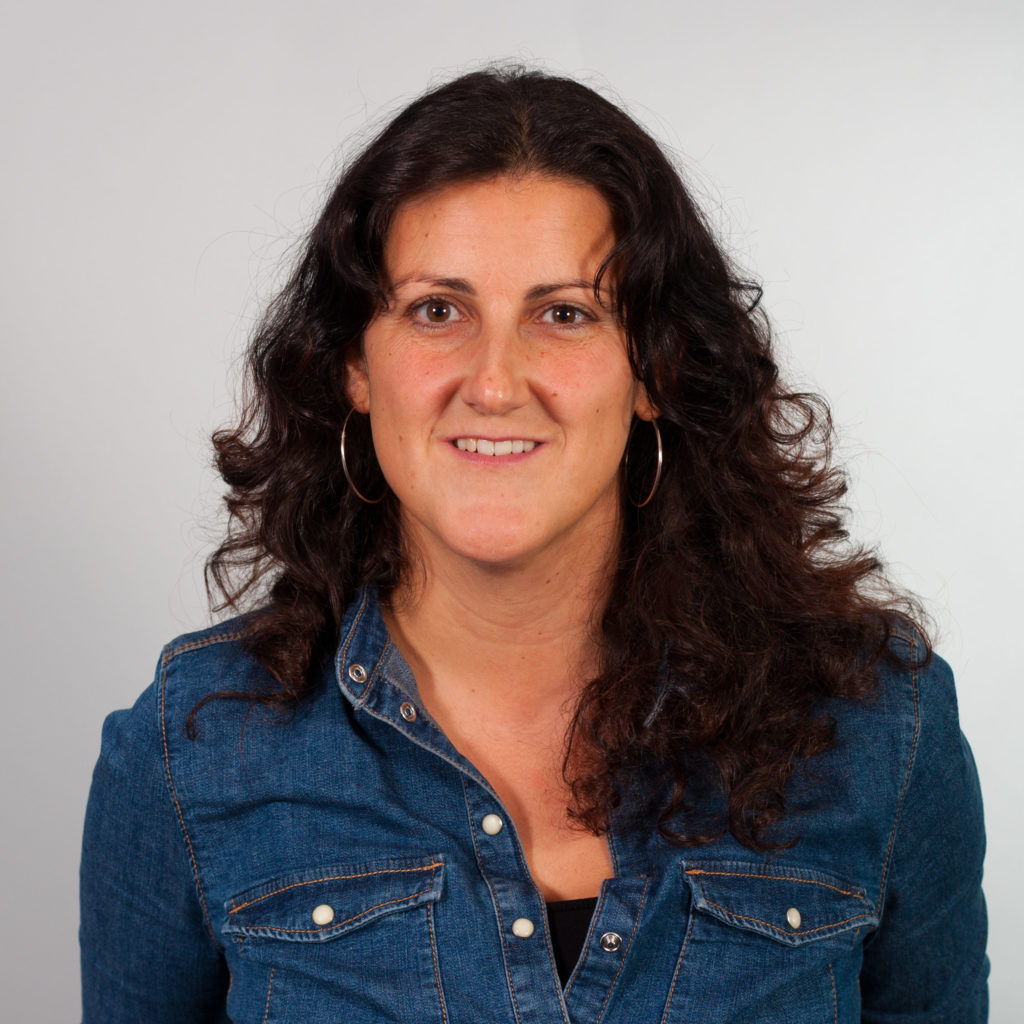
November 19 (Tuesday), morning
“Impact of climate change on drinking water distribution systems”
The University of Sheffield
Lecturer, Department of Civil & Structural Engineering
Biography:
Dr. Isabel Douterelo is a Lecturer in Water & Applied Microbiology in the Department of Civil & Structural Engineering at The University of Sheffield. She has a BSc in Environmental Sciences from the University Autonomous of Madrid (Spain), a BSc in Biological Science from the University of A Coruña (Spain) and a PhD in Physical Geography from the University of Hull. In 2016, she was awarded with an Engineering and Physical Research Council UK-Living with Environmental Change Research Fellowship and since then her research aims to understand the impact of climate change on the microbiology of drinking water systems.
